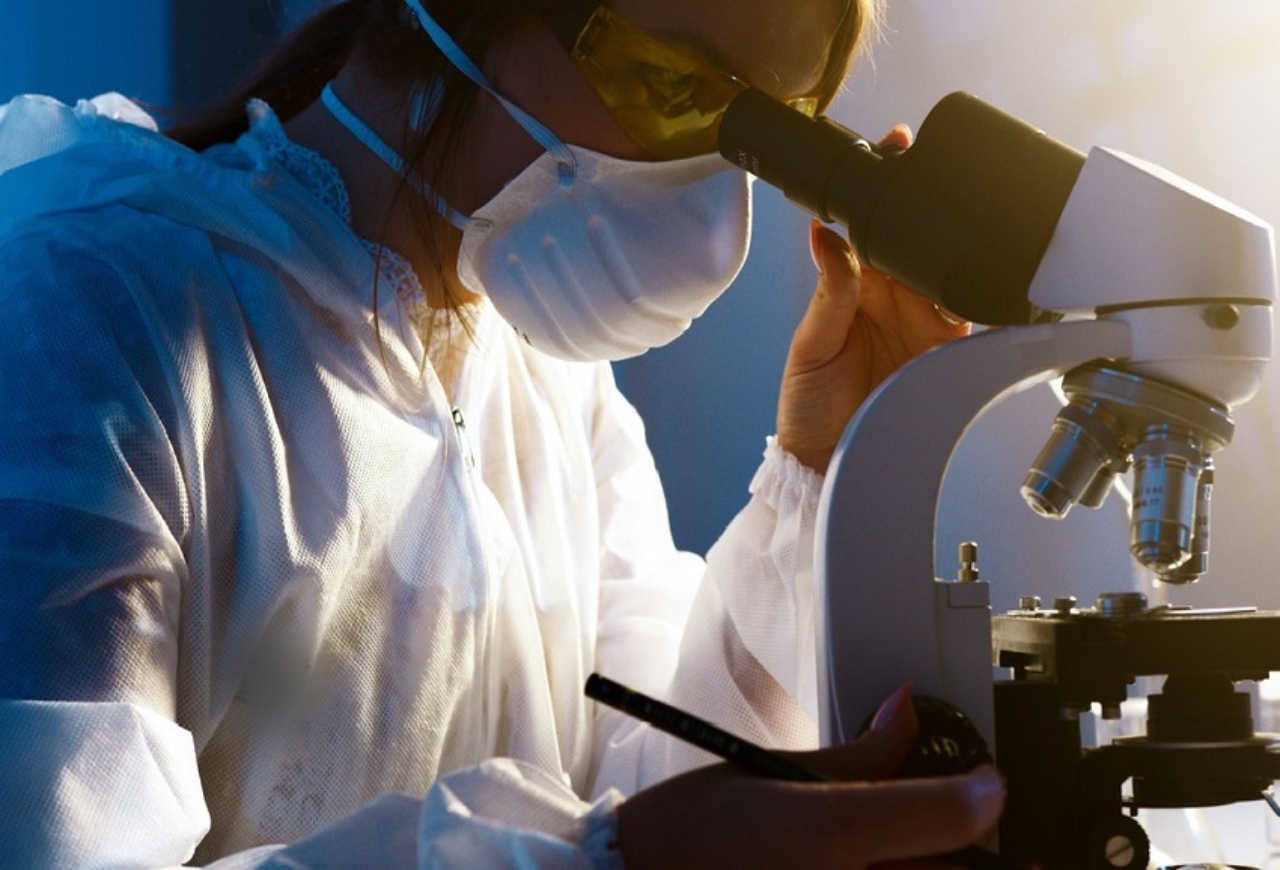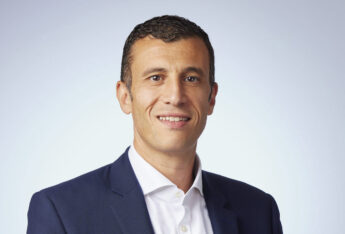Kelix Bio, an emerging market biopharmaceutical platform, has been wholly acquired by Abu Dhabi investor Mubadala Investment Company.

British International Investment (BII), the UK’s development finance institution (DFI), Development Partners International (DPI), an investment firm focused on Africa, and the European Bank for Reconstruction and Development (EBRD) have announced the sale of their stake in Kelix Bio, an emerging market biopharmaceutical platform which develops and commercialises affordable specialty medications in jurisdictions with underserved populations.
The company, which was co-founded in November 2020 by the three investors as well as executives Hocine Sidi Said, who became the company’s CEO, and Alhadi Alwazir, who assumed the role of head of corporate development, has been wholly acquired for an undisclosed sum by Abu Dhabi investor Mubadala Investment Company.
Since inception, Kelix Bio has raised further funds from DPI through a dedicated investment vehicle, with co-investment from BII and other European DFIs, as well as from both private sector and institutional investors in the US. The funds raised have allowed Kelix Bio to invest in new acquisitions, cross-market distribution channels and into the research and development of new drugs.
Asked by Impact Investor about the decision to exit the company, Samir Abhyankar, managing director and head of the financial services group at BII, said: “As an impact investor, we always explore the right exit options for our investments so we can recycle our capital to make further impact investments in countries that need our capital the most.”
DPI originally co-founded Kelix Bio with investments through the ADP III fund, dedicated to investing global capital in Africa. The fund closed in 2021.
Investment in emerging market pharma
Kelix Bio today is led by Sidi-Said, Alwazir and chief operating officer Essam Farouk, who have grown the company’s manufacturing capacity in the Middle East and across emerging markets.
Over the years, the company has made several notable investments and currently operates through four subsidiaries. These include two acquisitions in 2020 – Adwia in Egypt, which is a generic pharmaceutical company, exporting across the Middle East, Eastern Europe and Africa, and Celon Labs in India, which manufactures innovative and cost-efficient oncology and critical care treatments and exports to more than 42 countries globally.
In 2022, Kelix Bio also acquired PHI in Morocco, one of country’s largest producers of generic pharmaceuticals with operations in six countries, and the Chemi Malta facility in Malta from pharmaceutical and fine chemical multinational Italfarmaco, renaming it to Kelix Bio Malta. The facility produces European Union (EU)-approved oncology injectables at a US Food and Drug Administration and European Medicines Agency-approved manufacturing site.
The company’s experienced management and synergistic technology transfers are given as the reasons for the rapid growth of its pan-African and Middle Eastern business, with the platform’s revenues exceeding $150m (€138m) and the critical medicines it produces made available in more than 50 countries across Africa, Latin America, Southeast Asia and the Middle East.
Speaking to Impact Investor, Sofiane Lahmar, partner at DPI, said: “Through its buy-and-build strategy, DPI and its partners brought together complementary businesses, ultimately making the platform more than the sum of its parts.”

“In particular, combining Kelix Bio’s Indian hub with businesses across Egypt, Morocco, and Malta, enabled significant technology transfer, allowing the platform at large to produce more complex drugs – for example, oncological treatments and critical care medicine.”
Lahmar said the platform’s multi-country footprint also had the benefit of opening new export markets, and enabled the business to source raw materials at more competitive prices.
“As a result, Kelix Bio saw circa 20% revenue CAGR over the 2019-2023 period,” he said.
SDG 3: Good Health and Well-being
The company claims it has had a significant impact on UN SDG 3, with its customers able to access drugs at a materially lower cost than from competitors.
This, it says, has been particularly important for Africa, where the pharmaceutical sector has historically been significantly underserved, and where it has facilitated improved access to critical specialty generic drugs. This includes 105 oncological products, 64 anti-infectives and 94 treatments for central nervous system and cardiovascular conditions in 20 countries on the continent.
Lahmar said the challenge for healthcare providers in Africa was great and that access to affordable specialty generic medicines would be key to improving public health in many parts of the continent.
“As Africa’s economies become increasingly developed and urbanised, the structure of demand for medicines is evolving. Increasingly we are seeing less prevalence of infectious disease and a greater prevalence of noncommunicable diseases that are more complex, difficult to treat, and require more advanced treatments. This evolving demand was a strong secular driver of growth for Kelix,” he said.






